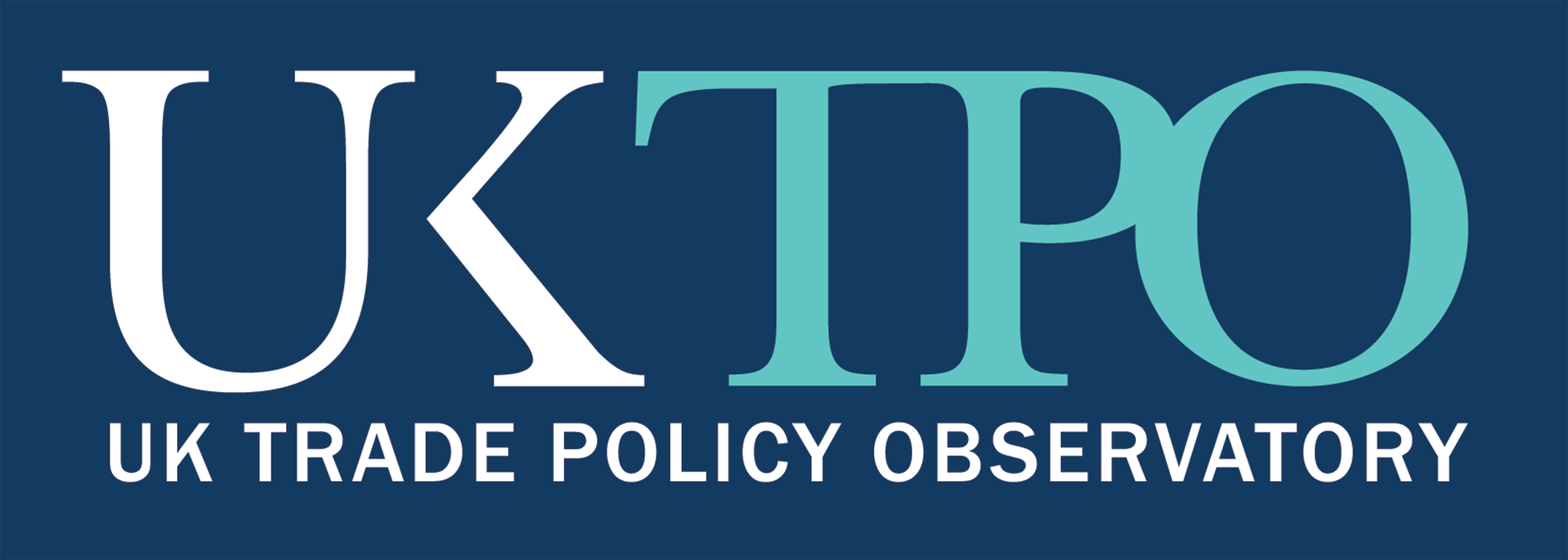Bridging food and energy crises: A global imperative in a warming world
The interconnected challenges of food insecurity and energy vulnerability are among the defining issues of the 21st century. Both are exacerbated by factors such as climate change, economic inequalities, and geopolitical instabilities, creating substantial strain on global systems. These impacts are felt most acutely in low-income nations, where access to basic necessities like food and energy often remains precarious. As the world navigates these challenges, a key question arises: how can food and energy security be ensured without compromising one for the other? Agriculture plays a vital role at the intersection of food production, energy consumption, and environmental sustainability. The sector accounts for almost 70% of global freshwater use and contributes over 20% of global greenhouse gas emissions.[1] Its reliance on fossil fuels—for mechanization, irrigation, transportation, and fertilizer production—has created a feedback loop that has the potential to exacerbate environmental degradation. This dependence also leaves agricultural systems vulnerable to energy price fluctuations, which could heighten the instability of food supplies. Increasingly, agriculture is being looked to for dual responsibilities: feeding a growing global population and supporting cleaner energy transitions, such as through biofuel production. However, this dual role can place food security and energy needs in competition, as biofuel crops [...]

